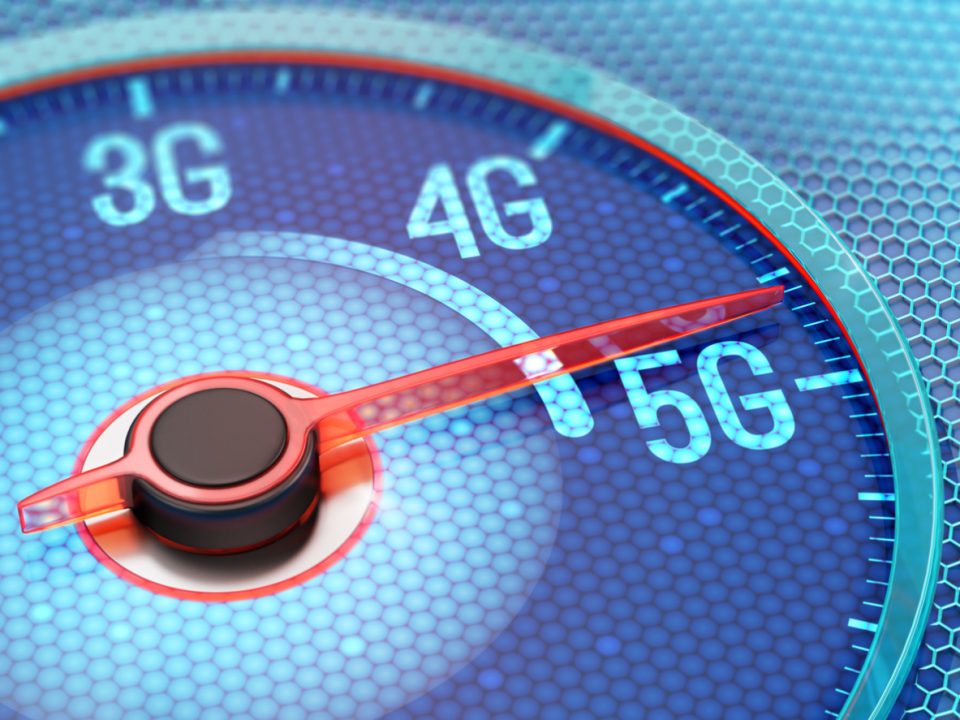National Physical Laboratory (NPL), the UK’s national measurement institute, will re-launch in September to help the UK become a world leader in emerging technologies such as 5G, quantum devices and graphene, and harness the power of big data for social and economic good.
Digital technologies are already driving productivity, and are estimated to boost the UK economy by £55bn by 2020. In order to realise the potential of these technologies across all aspects of business and life, consumers and industry alike must have confidence in their performance, and in the accuracy of the data they generate.
NPL helps to achieve this by applying the latest advances in measurement to provide assurance across the entire digital ecosystem, whether in the intelligent and effective use of data, the quality and accuracy of signals, or the ability of new digital products to achieve what they claim.
For more than a century, NPL has maintained the UK’s physical measurement standards, and provided technologies and skills based on those standards for industry. It is now applying this expertise to the digital world to get ground-breaking products to market more quickly, provide a competitive edge to UK businesses and transform the way we collect, connect and comprehend data.
In direct response to government policy, including the Industrial Strategy, as well as extensive consultancy with industry, it is now unveiling a number of new programmes to increase the impact of new digital technologies:
- Publishing standards to increase commercialisation of graphene for miniaturised electronics. NPL is launching the first ISO standard on graphene, providing a new way to test and validate this ‘wonder material’ to help unlock new applications, drive down manufacturing costs, and open up the industrial-scale use of graphene for everything from next-generation computer chips to smart sensors in clothing. NPL is also harnessing the unique properties of graphene to develop a real-time hepatitis diagnosis tool and a sensor to reduce the risk of allergens in food manufacture.
- Leading an EU-wide project to ensure that 5G is a success. Due for implementation in 2020, 5G promises increased connectivity, better signal and 90% less energy consumption. The Met5G project is developing and testing new infrastructure, signals and the real-world environmental factors affecting 5G performance. Existing 3G and 4G networks were introduced without the relevant measurement infrastructure and standards in place, meaning that there was no traceable way of proving a connection. This led to increases in cost for consumers and problems when exporting technology, stifling innovation and damaging trade. NPL is making sure this doesn’t happen with 5G.
- Providing an Advanced Quantum Metrology Laboratory (AQML) to accelerate commercial exploitation of next-generation technologies.
Quantum-based devices and networks will be key contributors to the future digital world, promising to revolutionise applications as diverse as navigation, oil and gas prospecting, and secure communications. NPL’s new AQML will house state-of-the-art laboratories with the ultra-stable environmental conditions required for precision science, enabling NPL to expand its work on the development of quantum technologies and providing industry with access to world-leading test and validation facilities to accelerate commercialisation through confidence in new products.
- Developing standards to turn data into decisions. NPL is working to transform the way we collect, connect and comprehend data, providing validation and developing data and meta-data provenance standards that provide truly measurable underpinning of data. These standards will provide a kite-mark like assurance of the quality and trustworthiness of information. This will provide the confidence needed to aid the commercial exploitation of big data and ensure it can be used to deliver benefit to every aspect of society, from personalised healthcare to climate change modelling.
- Applying precise time to new applications. The world’s first caesium atomic clock was developed at NPL in the 1950s and, ever since, NPL has worked to both improve the accuracy and reduce the size of atomic clocks to provide ever-improved timing capabilities. NPL maintains the UK’s timescale and now provides precise timing services to underpin financial trading and distributed ledger (aka blockchain). These services are independent of GPS, which can be vulnerable to interference or disruption. NPL has also developed a miniature atomic clock, paving the way for reliable precise timing for navigation, energy networks and communication networks.
Neil Stansfield, Head of Digital at NPL, said, “By 2020, more than 20 billion connected devices will be in use across the world, paving the way for smart cities, Industry 4.0, autonomous cars and precision agriculture. Despite this future promise, companies on average currently use just 10% of their data, and a lack of standardisation means communications between systems is limited. Digital standards are vital to bridging this gap. They will enable us to help industry develop new hardware and infrastructure fit for purpose, make sense of the explosion of data from new sensors, and to enable networks to communicate with each other and interoperate. Without standardisation, truly smart cities and industries will remain an aim, not a reality. As the UK’s National Measurement Institute, and the custodian of physical standards in the UK, NPL has a unique capability to provide the confidence needed to get new products to market, manage data in a way never before possible, and create a truly data-enabled economy.”
NPL CEO Dr Peter Thompson said, “Many people are unaware of the scope, scale or quality of work that NPL delivers, or the part that it has played in some of the biggest discoveries in modern history. The effects of the science, technology and engineering that NPL delivers are felt by everyone, everywhere. After a century as the silent partner to industry, we are proud to re-launch NPL, to ensure it can further accelerate UK industry and deliver extraordinary impact on our economy and quality of life for many years to come.”

